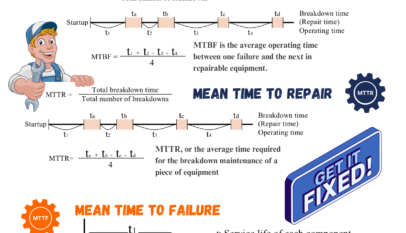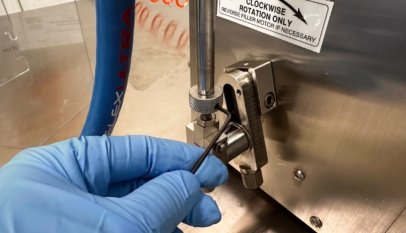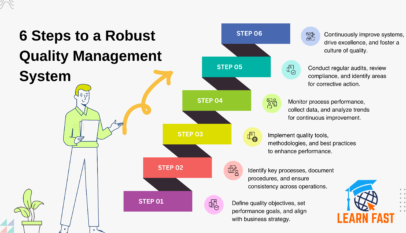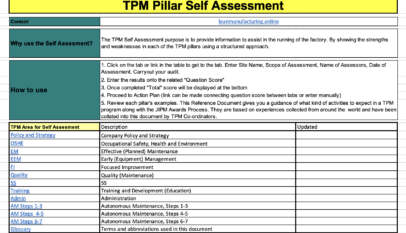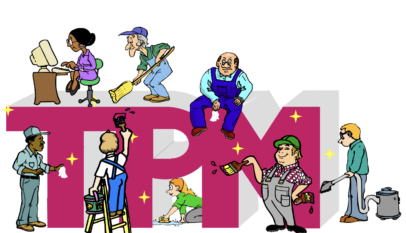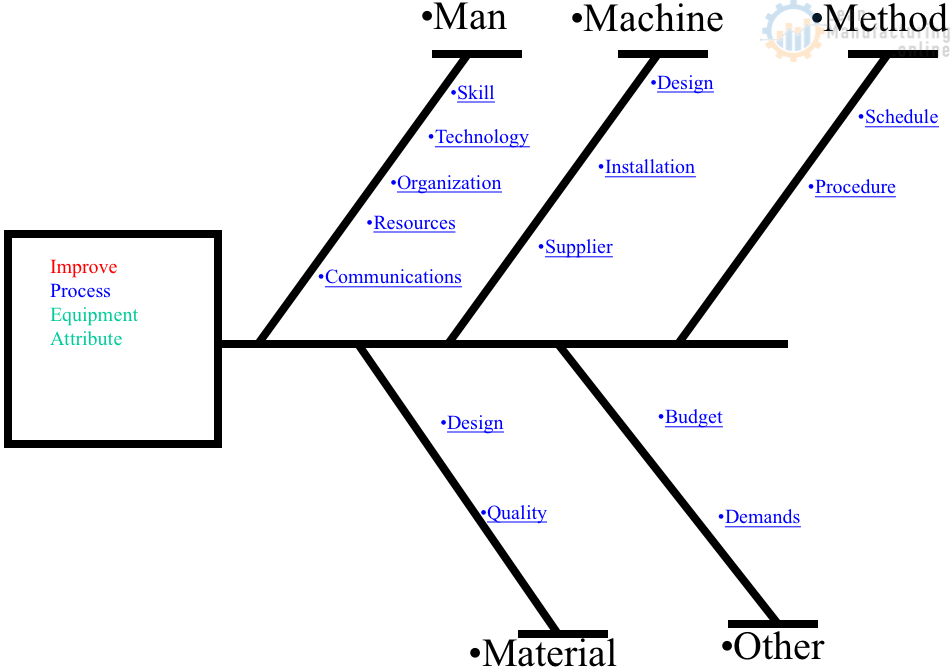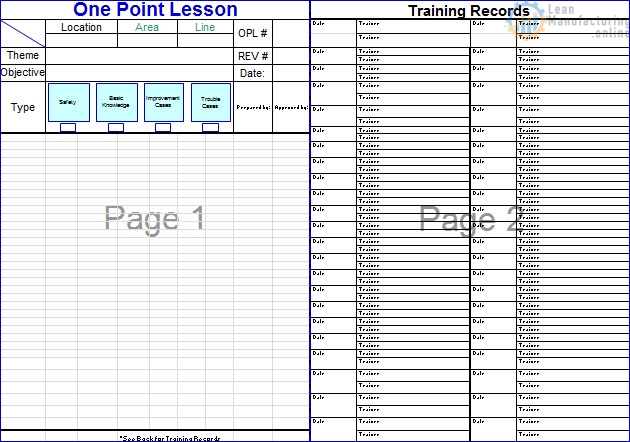- Working in team through the Autonomous Maintenance steps
- Being accountable for the F-tag process (Red F-Tags)
- Participating to AM activities on selected day of the week
- Leading small improvements (Kaizens)
How to improve the support for AM Teams?
- Working in team trough the AM steps (EM + AM)
- Training for operators (OPLs and on the Job/Line Method)
- Support for SOC, HTA, lead small improvements
- Support for planned in depth clean and inspection
- Ensure good quality of F-Tags (Teach them! Where are the problems?)
- Being accountable for the F-tag process (Red F-Tags)
- Participating to AM activities on Fridays Leading Small Improvements
AM – Step 1 Deliveries
OBJECTIVES
People:
develop skills to find and to be aware of problems
Machine:
start the restoration cycle
- Training for TPM, Step 1, Team Building, big cleaning
- Activity board and KPI implemented and routinely updated
- Activities well defined and divided among the team members
- Strong concepts around restoration cycle
- Strong control over F-tag process
- Good examples of complete restoration on the machine
- All abnormalities identified, 85% solved
- Good understanding about AM concepts Step 1 and SHE policy
- Set and Sort are frequently used
- Meetings were established; OPL are used to teach and learn about problems
- Map of SOCs and HTA
- At the end, a basic check list for cleaning and inspection with OPLs for the main points
AM – Step 2 Deliveries
OBJECTIVES
People:
develop skills to solve the problem (SOC, HTA)
Machine:
eliminate SOCs and HTA
- Training for Step 2
- Activity board well understood by all team members
- The tools are well understood and SOCs / HTA are led by the team (AM and EM)
- Solution for 85% of SOCs (# of SOCs and % of waste reduced)
- Solution for 40% of HTA (or for the most important points)
- Abnormality w/o F-tag are unacceptable by the team: all identified, 85% of completion
- Strong control over F-tag process
- Many examples of complete restoration on the machine
- Good understanding about AM concepts Step 1,2 and SHE policy
- Set, Sort and Shine are frequently used
- Meetings and OPLs are used to improve the team performance
- Analysis and solution for the most often recurrence of abnormalities
- Positive trend for OEE and Spillage
- At the end, map of lubrication points
